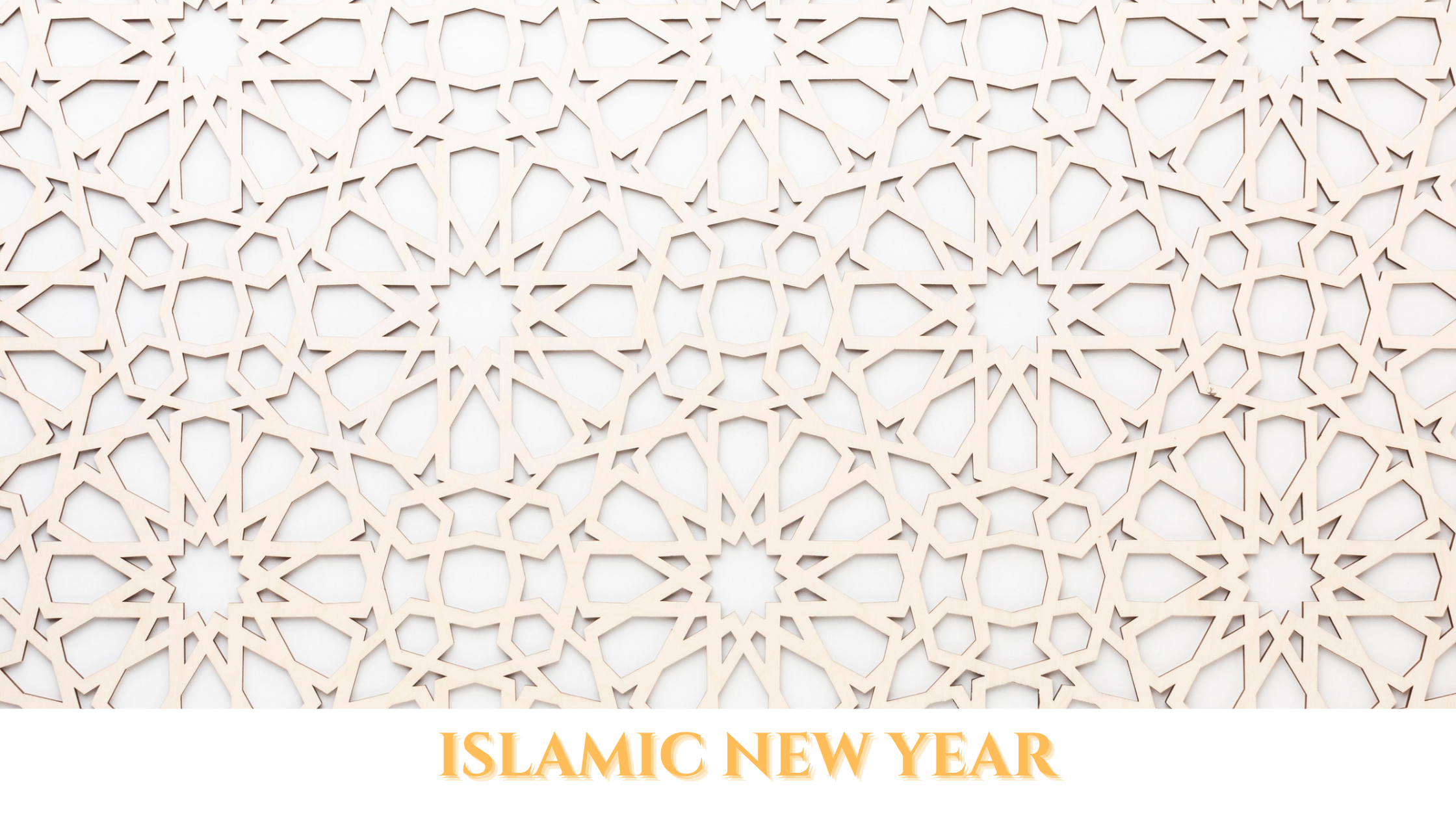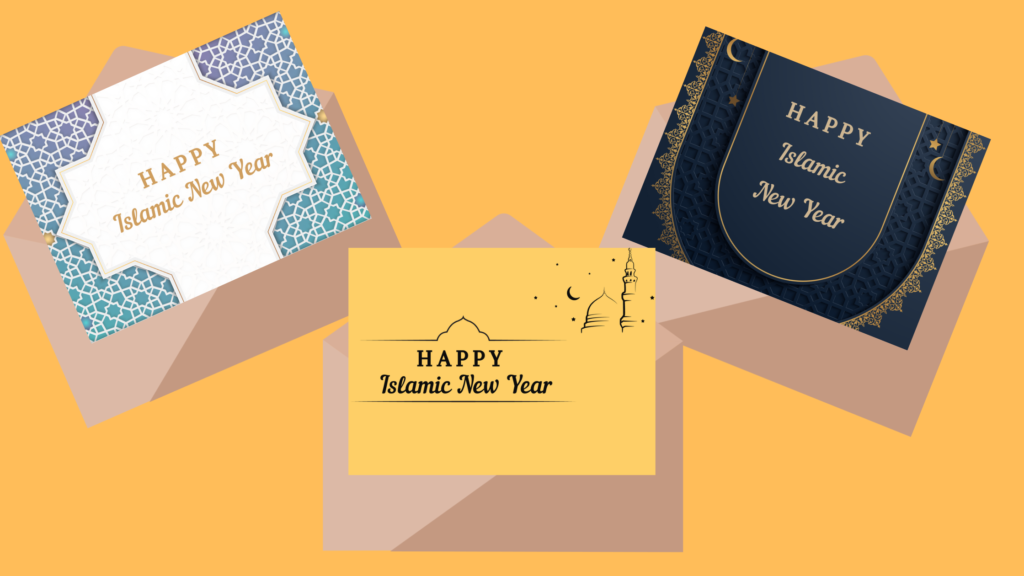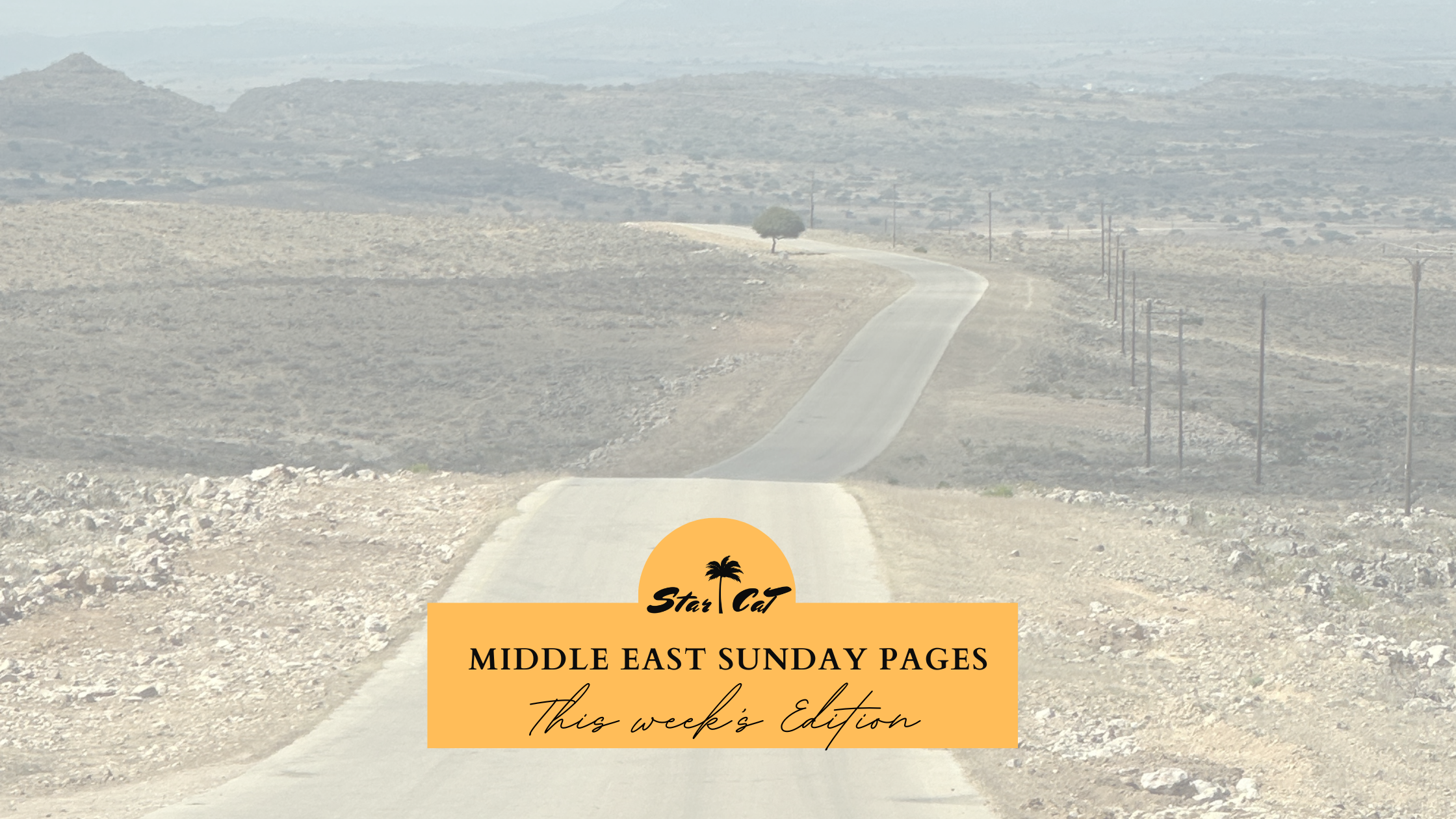
Islamic New Year
The Islamic New Year is calculated based on the Islamic lunar calendar, also known as the Hijri calendar. Unlike the Gregorian calendar, which follows the solar year, the Hijri calendar is based on the lunar cycles.
The Hijri calendar consists of 12 lunar months, each lasting approximately 29 to 30 days. The beginning of each month is determined by the sighting of the new crescent moon. The sighting of the moon is traditionally performed by trained individuals known as “moon-sighters” or scholars who observe the sky at sunset on the 29th day of the ongoing month. If the moon is sighted, the new month begins the following day. If the moon is not sighted, the ongoing month is extended to 30 days, and the new month begins after that.
The Islamic New Year, also known as Muharram, marks the beginning of the first month in the Hijri calendar. The determination of the exact date of the Islamic New Year requires accurate moon sighting reports, which are gathered from various locations around the world. This process can sometimes lead to regional variations, as different regions may rely on different sighting methodologies or geographical factors that affect visibility.
It is important to note that the Islamic New Year does not follow a fixed date on the Gregorian calendar. It can fall on different dates each year, approximately 10 to 11 days earlier than the previous year. This variation is due to the difference in the lengths of the lunar and solar years.
In recent times, many Islamic organisations and religious authorities use astronomical calculations and scientific methods to predict the beginning of the Islamic lunar months, including the Islamic New Year. These calculations are based on factors such as the birth of the new moon, its visibility, and the age of the moon at sunset.
While the traditional method of moon sighting remains significant for many Muslims, the use of astronomical calculations has gained acceptance as a means to facilitate consistent and accurate determination of Islamic dates, including the Islamic New Year.
This is a great time to send Greetings to your clients from the Gulf region as this holiday is very important.

Here are 4 points on why it holds such an immense significance in the Islamic calendar.
- Reflecting on the Past: The Islamic New Year provides an opportunity for introspection and reflection. It is a time to contemplate our actions and evaluate our spiritual journey over the past year. We can reflect on our relationships, our character, and our adherence to Islamic teachings. It’s a chance to acknowledge our shortcomings, seek forgiveness for our mistakes, and make sincere intentions to improve ourselves in the coming year.
- Setting Spiritual Goals: Just as the Islamic New Year signifies a fresh start, it also encourages us to set goals for spiritual growth. Whether it’s improving our prayers, studying the Quran, giving more in charity, or being kinder to others, setting realistic and achievable goals can help us enhance our connection with Allah and strengthen our faith. By creating a plan and seeking His guidance, we can embark on a transformative journey throughout the year.
- Increasing Acts of Worship: The Islamic New Year is an ideal time to rejuvenate our commitment to acts of worship. Engaging in additional prayers, fasting, reciting the Quran, and seeking knowledge about Islam are all ways to deepen our spirituality during this blessed time. As we renew our dedication to Allah, we should also strive to incorporate these practices into our daily lives beyond the initial enthusiasm of the new year.
- Expressing Gratitude: Expressing gratitude is a fundamental aspect of Islamic teachings. As we embark on the Islamic New Year, let us be grateful for the countless blessings bestowed upon us by Allah. Taking a moment to reflect on these blessings not only increases our gratitude but also strengthens our relationship with the Creator. Gratitude should extend not only to material possessions but also to the intangible blessings such as health, family, and opportunities for personal growth.
So make sure to mark this important holiday with a greeting to your clients. If you never want to forget an important holiday – we have got you. Have a look at the 2025 Planner you can find in the Shop, so you never forget any special occasions in the Gulf.



